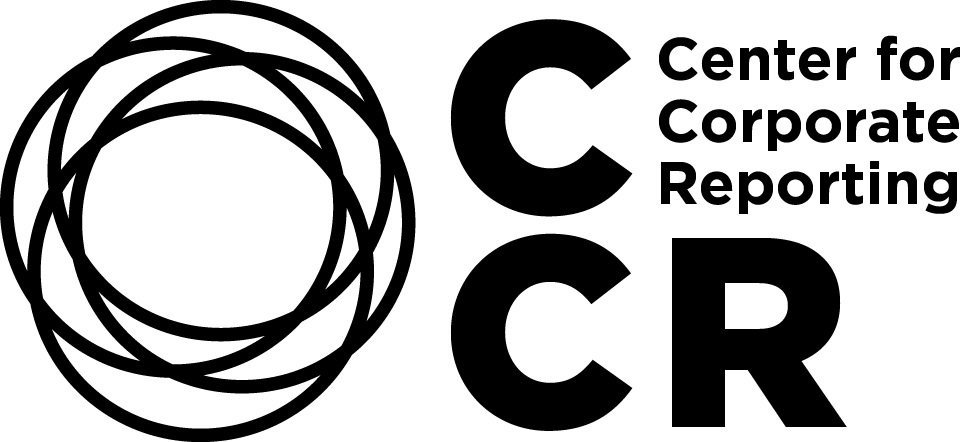Ending the alphabet soup of sustainability disclosure: how the ISSB creates the global baseline
In November 2021, when the establishment of the International Sustainability Standards Board (ISSB) was announced, I instantly felt it was the right initiative, at the right time, within the right home – the IFRS Foundation. Although I hadn’t foreseen playing a personal role, I luckily became deeply involved. After two years as a Board member, I remain convinced that our work is both right and relevant.
By Jenny Bofinger-Schuster
The ISSB’s standards are designed to provide reliable and comparable information to investors and help companies articulate how they manage sustainability-related risks and opportunities over the short, medium, and longer term. By focusing on the needs of capital markets, ISSB Standards ensure that decision-useful, material information is disclosed.
Information required by ISSB Standards is designed to connect with financial statements.
At the same time, our approach to developing a global baseline allows jurisdictions to build on the baseline and develop additional requirements if needed, to meet public policy or broader stakeholder needs. For example, with Europe, which has a broader public policy agenda than meeting the needs of investors, we have invested time and effort to ensure interoperability between our Standards and their climate-related disclosure requirements, resulting in high alignment and reduced complexity for companies applying both ISSB Standards and European Sustainability Reporting Standards (ESRS). Just recently, in February 2025 the European Commission announced its Omnibus package of proposals to simplify requirements in the CSRD, ESRS and other relevant European Union legislation. Through our ongoing collaboration, we will strive to maintain and enhance alignment between the revised ESRS and the ISSB’s global baseline of sustainability-related disclosures.
Additionally, the ISSBs partnership with the Global Reporting Initiative (GRI) improves interoperability with broader sustainability reporting, reducing the disclosure burden for companies feeding into multi-stakeholder needs.
The information required by ISSB Standards is designed to connect with financial statements, forming part of the same reporting package. Although our standards are built to work with any accounting requirements, they are grounded in the concepts underpinning IFRS Accounting Standards, which are used by over 140 jurisdictions.
The ISSB has built on and consolidated existing initiatives by integrating frameworks like the TCFD recommendations, SASB Standards, CDSB Framework, and the Integrated Reporting Framework. This consolidation streamlines sustainability disclosures, helping companies benefit from their previous investments while reducing the “alphabet soup” of reporting requirements.
Developed through rigorous consultation, ISSB Standards reflect feedback gathered through more than 1,400 responses. Our process is inclusive and transparent, with all ISSB papers, feedback, and technical decision-making available online for public access.
The ISSB does not stop at standard setting. Announced at COP27, our capacity-building program supports high-quality, consistent reporting across developed and emerging economies, establishing the necessary resources for global sustainability disclosure. This covers a wide range of activities, including the publication of educational material to support adoption. For example, we launched our roadmap development tool to support jurisdictions on their journey toward adopting or otherwise using the ISSB Standards.
Our work has received strong support from investors, companies, policymakers, market regulators, and other entities from around the world—including the International Organization of Securities Commissions (IOSCO), the Financial Stability Board, the G20, and the G7. By now, more than 35 jurisdictions have already decided to adopt or are taking steps to introduce ISSB Standards into their legal or regulatory frameworks. These include Japan, China, and the UK, as well as Brazil, Nigeria, Indonesia, and many others. These jurisdictions, on their journey toward the global baseline, account for 60% of global GDP, 40% of global stock market capitalization, and 60% of global greenhouse gas emissions.
Im filled with optimism and a profound sense of purpose that our efforts will continue to shape an effective reporting landscape resulting in better information for better decisions.
Jenny Bofinger-Schuster
has been a full-time member of the ISSB since December 1, 2022. Previously, she held senior roles at Siemens, most recently as Global Head for Sustainability & Operational Excellence. She began her career in strategy consulting and holds an MBA from the University of Dayton.



